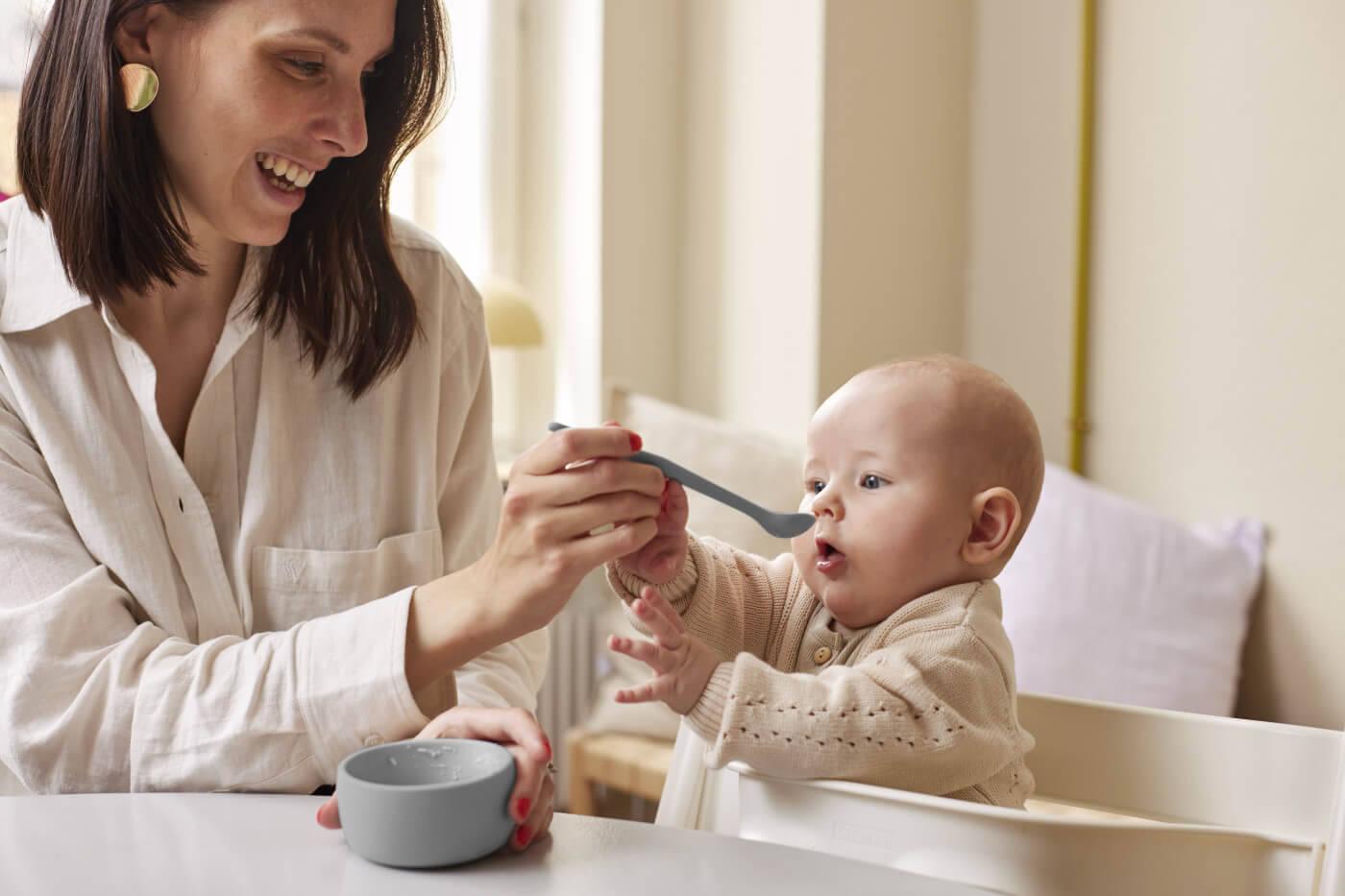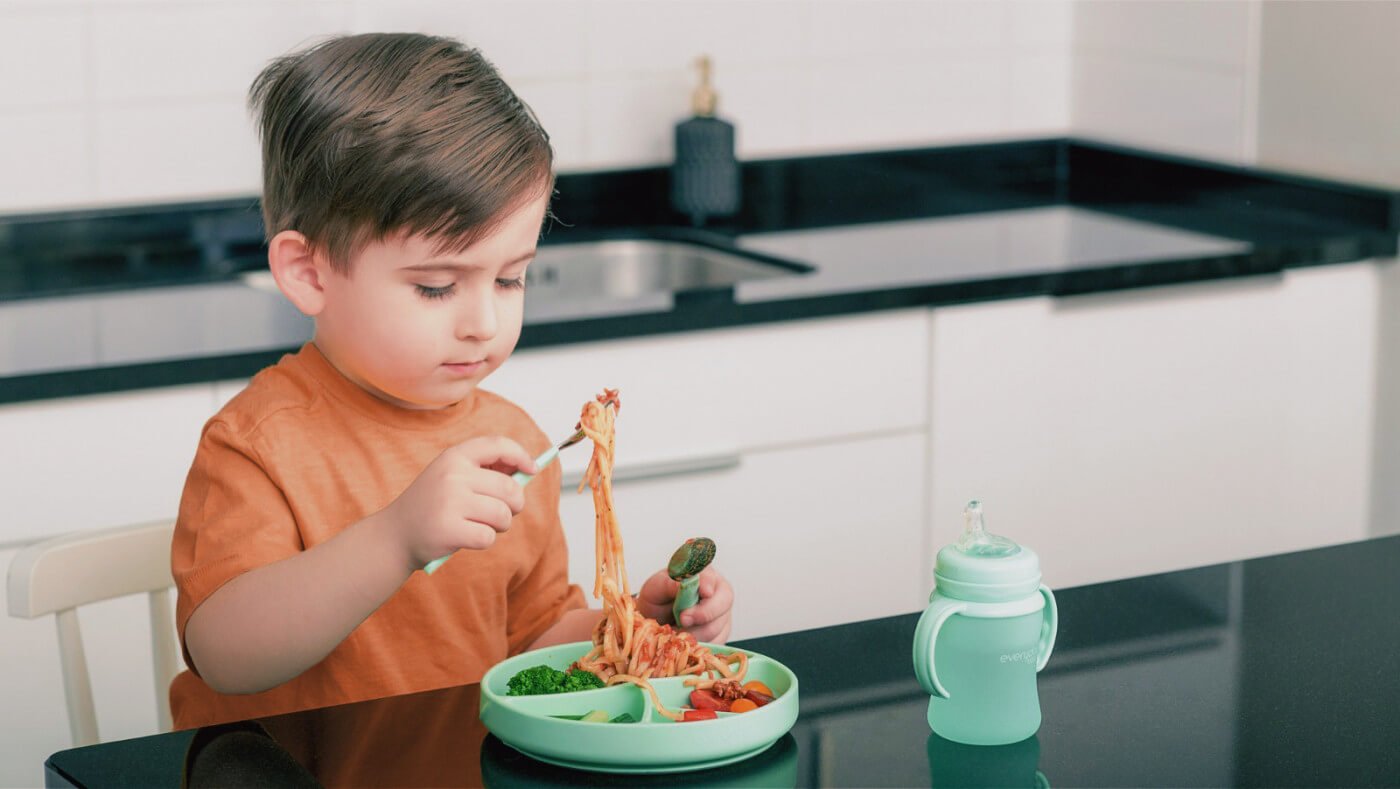Parenting is difficult. Having said that, there is hardly anything as fulfilling as the little giggles of your tiniest bundle of joy. As new parents ensuring the safety of your little one is at the top of your checklist when you buy baby products.
However, be it the softest onesies or the healthiest baby food, or the numerous skin-care products, there is no end to the harmful ingredients present in the baby products.
This article lays down a list of ingredients you should avoid in the care basket of your little sunshine.
Potentially Harmful Chemicals That Should Be Avoided In Baby Products:
Bleach
Between the years 1990 to 2006, more than 200,000 children under five years of age had to be treated in the emergency rooms due to bleach exposure. Injuries related to household cleaning products or washing products are very common. Its impact on your child can be fatal.
Detergents and soaps that use bleach should be completely avoided as it may lead to severe infections, chemical burns, blurry visions, eye irritation, and shortness of breath.
Talc
Mostly present in baby powder, talc is used as a drying agent to prevent chaffing or ease diaper rashes and red spots.
Many studies have shown that talc is often naturally contaminated during the manufacturing process. It is a potential lung irritant and can also be carcinogenic. Therefore, it is essential to use talc-free baby powders.
Fragrance
The fragrance is an umbrella term used for whatever secret products the companies wish to add. Since they are not obliged to reveal those materials, knowing if it is baby-proof is difficult.
Most companies use coal and petroleum-derived synthetic chemicals to mask the nasty smell of the chemicals used during production. This fragrance lingers over the skin for a long time and can cause respiratory, neurological, eye, and skin damage. Results have shown that the long-lasting effects of fragrance in children are likely to lead to asthma.
Sulfates
Sulfates are often used to increasing foaming in bath products like shower gels and shampoos.
Though it has good dirt cleaning qualities, the concentration of sulfates like SLS and SLES can have harmful effects on the health of your child.
Parabens
Parabens are preservatives used to expand the shelf-life of skin care products. The effect of this chemical can increase skin irritation and cause major reproductive organ dysfunction issues later in life.
Studies show that infant exposure to paraben may cause weight issues, especially in females. While it is used in some countries, paraben in baby products is banned in Europe.
Flame Retardants
From children’s toys to cribs to car seats, many baby products are coated with flame retardants. However, many studies show that these are carcinogenic, and their exposure may lead to developmental disabilities, hormonal disorders, advanced puberty, hyperactivity, etc.
Researches have shown that in most cases, children have more exposure to flame retardants than adults as they are vulnerable to mouthing and spending time on the floor.
Ingredients to avoid in Baby foods
As a child grows and starts exploring various food products, it is an exciting journey for both you and your little one. Though it is normal to be curious about various food products and getting a bigger exposure, some food products are not fit for your child at such a tender age.
The list includes:
Salts
Your child does not need a large amount of salt in their food. Salts can have damaging effects on the kidney.
Therefore, it is prescribed not to put salts in baby food. Other items like packet food, chips, crackers, bacon, sausages have large amounts of salts and should be avoided.
Honey
Honey contains certain bacteria that damage the child’s intestines, leading to a very serious illness.
Children below one year of age should not be fed honey.
Sugar
Sugar is the leading cause of tooth decay.
Sugary snacks like chocolates, juices, jams should be avoided in the child’s diet.
Certain Fishes
Fishes like baby sharks, marlin, or swordfish contain high amounts of mercury. It can prove to be fatal for the child’s neurological development.
Raw or half-cooked shellfish like clams, oysters, etc., can increase the risk of food poisoning.
Cow Milk
Breast milk is considered the prime agent of nutrition for the baby, but cow milk has a higher lactose content which might affect the tummy of your little one.
Hence, it is better to avoid cow milk until the child turns 1 year old.
Peanut Butter
Healthy, tasty, and full of protein, peanut butter is every child’s favorite! However, it all depends on what age the parent wants to introduce it.
Peanut butter is prone to allergies and is recommended after the child turns four.
Nuts and Small fruits
Nuts and fruits like grapes, raisins can be a choking hazard. Nuts often lead to several allergies. Therefore, you can give it ground or in small pieces.
Children under the age of three should not eat whole nuts as they can easily get stuck in the throat.
Gluten
Gluten in baby foods can cause several allergies and an upset stomach, including severe rashes in the diaper area.
Heavy Metals
Our bodies need certain quantities of metals like iron and zinc to work properly. But other metals like lead and arsenic are very harmful. Crops like rice often absorb these metals from the soil, which end up in the food of your beloved little one.
The presence of these metals in the body can lead to attention and behavioral problems for a while. Therefore, it is advised to avoid infant rice cereals, packed rice puffs, carrots, and sweet potatoes, fruit juices, rice drinks, etc.
Conclusion
In the end, a child fills that place in your heart which you never knew was empty. It’s your responsibility to look after their well-being and for child-friendly organic products. For a new parent, nothing is more important than the good health of your child. These are a few products that you need to avoid to eliminate most health hazards of your little sugarplum.


















